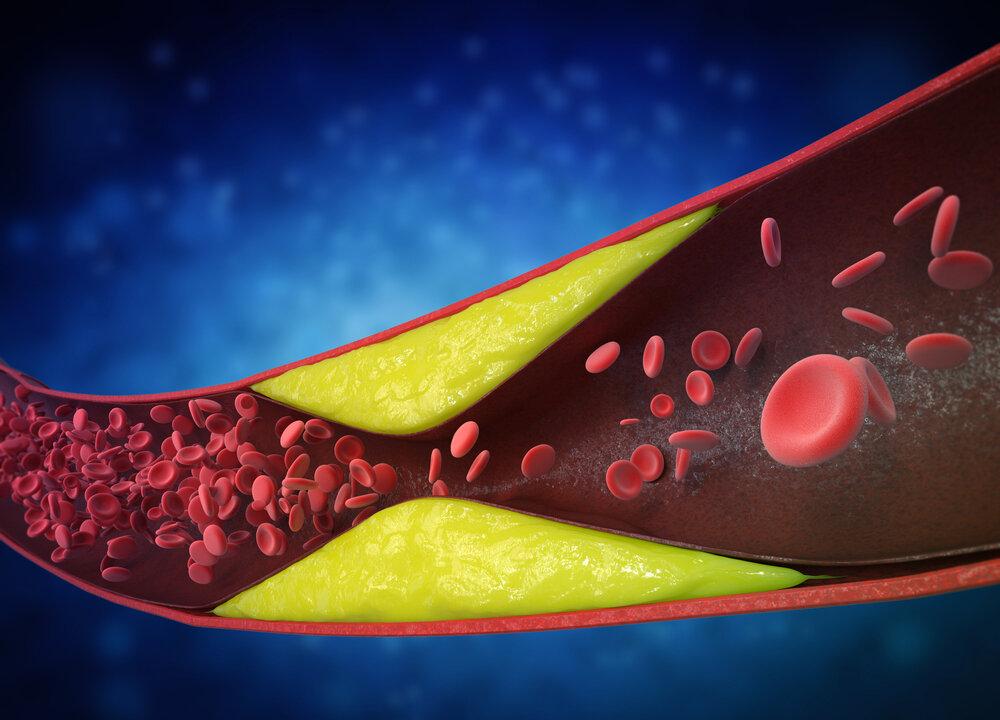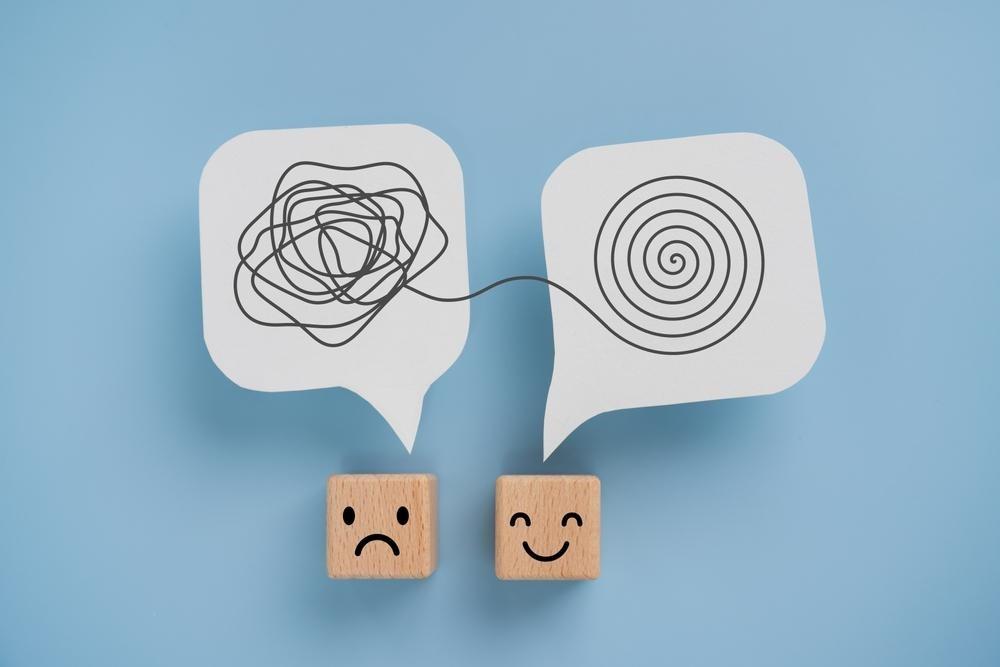In today’s fast-paced world, many people struggle with chronic fatigue, declining memory, and frequent mental fog. These issues may be closely linked to daily habits and the body’s overall energy balance.
To boost energy, improve memory, and enhance mental clarity, simple and practical habits—rooted in both Western medicine and Traditional Chinese Medicine (TCM)—can make a meaningful difference.The Link Between Physical Energy and Cognitive Health
Sustaining high energy levels requires more than a healthy diet and adequate sleep; it is equally important to manage stress and regulate emotions.A core principle shared by both Western medicine and TCM is the concept of the mind-body connection. When the body’s energy is depleted, the brain may not function optimally, leading to memory decline and difficulty concentrating. Chronic anxiety and stress further drain energy reserves, negatively impacting cognitive performance.
Therefore, improving energy levels and enhancing mental clarity requires a holistic approach that nurtures both the body and mind.
From the perspective of Western medicine, the nervous system plays a central role in regulating energy. The parasympathetic nervous system, in particular, is responsible for promoting relaxation and supporting energy recovery. Practices such as meditation, mindfulness, and deep breathing can activate the parasympathetic nervous system, restoring vitality and promoting a sense of inner calm.
In TCM, qi is regarded as the vital energy or life force that powers the body’s functions. Qi flows throughout the body to sustain life processes. An abundance of qi supports sustained energy and mental clarity, while a deficiency leads to fatigue and difficulty concentrating. In some cases, qi may become stagnant, often due to emotional or mental stress.
Lifestyle Adjustments for Boosting Energy
Simple daily habits can make a significant difference in boosting your energy levels. These practices draw upon the scientific principles of Western medicine and the holistic approach of TCM, promoting a balanced state of physical and mental well-being.Follow a Healthy Diet
Starting with a nutritious breakfast sets the tone for maintaining energy and vitality. Eating complex carbohydrates, healthy fats, and high-quality proteins—such as oats, nuts, seeds, and leafy green vegetables—provides long-lasting energy and supports cognitive health.Stay Hydrated
Water is vital for the health of both the body and the brain. Even mild dehydration can lead to fatigue and sluggish thinking.Engage in Moderate Exercise
Regular, moderate exercise helps restore and sustain energy levels.Consider Dietary Supplements
The appropriate use of dietary supplements can support both energy levels and brain health. Omega-3 fatty acids and B vitamins—particularly B6, B9 (folate), and B12—are among the most beneficial.Incorporate Herbal Remedies
Certain herbs, such as ginseng, Rhodiola rosea, and ashwagandha, are considered adaptogens, natural substances that help the body adapt to stress and maintain balance.These herbs are believed to enhance the body’s ability to cope with physical and mental stressors, while also increasing energy and improving focus. Extracts from these herbs may regulate the body’s stress response, helping to maintain an optimal state of balance and well-being.
Adjustments for Improving Memory
Many people struggle with memory issues, which often become more noticeable with age. A few simple habits can help maintain—and even enhance—memory function over time.Engage in a Variety of Activities
Just like the body, the brain requires regular exercise to stay healthy. Participating in mentally stimulating activities, such as puzzles or learning new skills, can help keep the brain active and engaged. Experiencing—as well as learning from—a variety of activities encourages the formation of new neural pathways, which support cognitive function and help improve memory.Ensure Adequate Sleep
Sleep plays a vital role in memory consolidation, with deep sleep particularly important for helping the brain process and store information learned throughout the day.
A 2023 prospective study found that middle-aged adults who slept fewer than seven hours or more than nine hours per night had less healthy brain structures and functions, as seen in neuroimaging scans. This suggests that both insufficient and excessive sleep may negatively impact brain health.
While aging is a common cause of memory decline, poor sleep quality and irregular sleep duration are also major contributing factors. Consistently getting seven to eight hours of high-quality sleep each night is essential for maintaining healthy memory function.
Adjustments for Enhancing Mental Clarity
Clear thinking and sustained focus are essential for performing well at work and maintaining balance in daily life. However, modern life often brings stress and anxiety, which can lead to scattered thinking and difficulty concentrating.Organize Your Environment
Your physical surroundings have a significant impact on your mental state. A cluttered workspace or disorganized home often makes it harder to stay focused. Taking the time to tidy up and create a clean, simple, and quiet space can promote mental clarity.Break Tasks Into Smaller Steps
Large or complex tasks can feel overwhelming, making it difficult to focus or take action. Breaking tasks down into smaller, manageable steps can reduce stress and help you focus on one thing at a time. This strategy not only improves efficiency but also reduces feelings of overwhelm.Practice Mindfulness
The brain functions best when it is calm and focused. Practicing mindfulness techniques, such as meditation, strengthens your ability to stay focused on the present moment and reduces mental distractions. Spending just a few minutes each day in quiet meditation—focusing on your breathing—can improve concentration and promote clearer thinking.Perform Breathing Exercises
The 4-7-8 breathing technique is a simple yet effective practice that can help relax the body, promote calmness, and quickly restore focus and mental clarity. This method involves inhaling deeply for four seconds, holding the breath for seven seconds, and then exhaling slowly over eight seconds.According to TCM, meridians are the channels through which energy flows in the human body. Along the meridians are specific points known as acupoints, which possess unique functions. The meridian system interconnects different parts of the body, forming an integrated network of energy flow.







